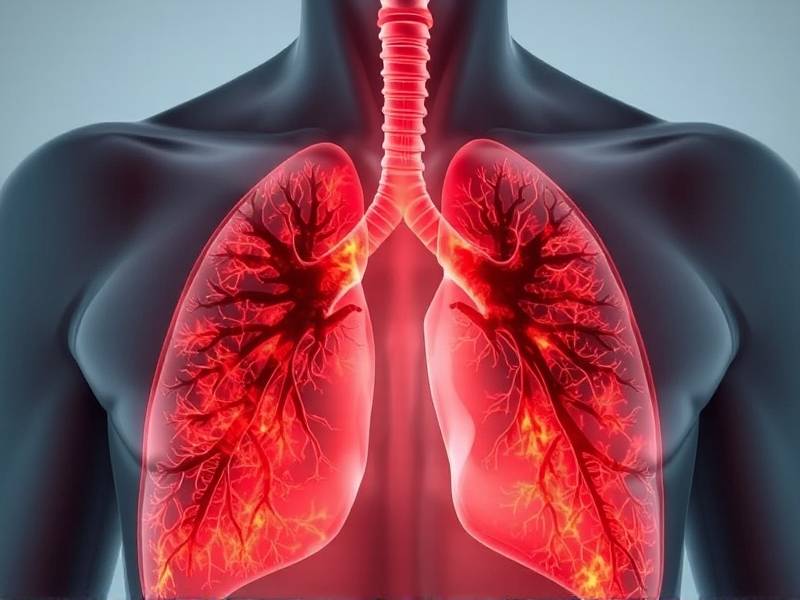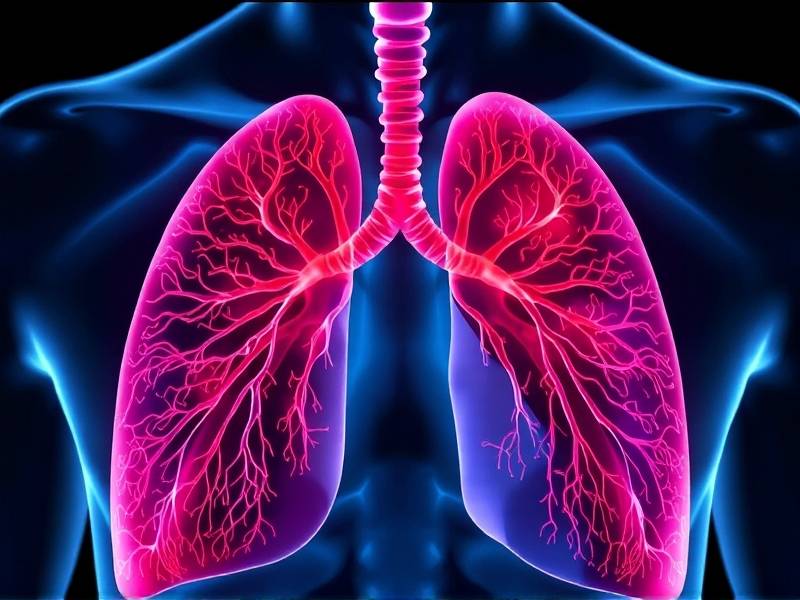Do Lungs Really Go Back to Normal After Quitting Smoking?
Understanding the Journey of Lung Recovery
Have you ever wondered if your lungs can truly revert to their pre-smoking state after you quit smoking? The answer is both encouraging and complex. This article delves into the science behind lung recovery, offering insights into what happens to your respiratory system as you take the leap towards a smoke-free life.

The Reality of Lung Damage
Firstly, it's important to acknowledge that smoking causes significant damage to the lungs. Over time, the harmful chemicals in tobacco smoke can lead to inflammation, scarring, and a reduction in lung capacity. Conditions like chronic bronchitis and emphysema are often linked to prolonged smoking.
The Path to Recovery
When you quit smoking, your body begins an incredible journey of healing and recovery. Here's what happens:
1. Early Improvements
Within just a few days of quitting, your body starts to clear out the toxins accumulated from smoking. Your sense of smell and taste may improve as the cilia in your lungs, which help move mucus out of the airways, start to regenerate.
2. Short-Term Benefits
After about three months, many smokers notice a decrease in coughing and shortness of breath. This is because the inflammation in your airways begins to decrease, allowing for easier breathing.
3. Long-Term Recovery
Over time, your lungs can continue to improve significantly. According to the American Lung Association, within five years of quitting, your risk of heart disease drops significantly compared with that of continuing smokers. After 10 years without smoking, your risk for lung cancer is about half that of a continuing smoker's.
The Science Behind It
The process is rooted in biology. As you avoid exposure to tobacco smoke, your body starts producing fewer inflammatory substances and more antioxidants that help protect against cell damage. This leads to reduced scarring and improved lung function.
What About COPD?
For those who have already developed chronic obstructive pulmonary disease (COPD), quitting smoking is crucial for slowing down its progression. While COPD cannot be reversed entirely, stopping smoking can help prevent further damage and improve quality of life.

Encouragement for Quitters
If you're considering quitting smoking or are already on this path, remember that every day without a cigarette brings you closer to healthier lungs. The journey may be challenging at times, but the rewards are well worth it.
Conclusion
In conclusion, while it's true that damaged lungs cannot go back exactly as they were before smoking began, they can certainly improve significantly with time after quitting. Your decision to quit not only benefits your health but also supports a healthier future for those around you who breathe in secondhand smoke.
As you embark on this journey towards better health, remember that each step counts towards a cleaner and healthier respiratory system. Stay committed and celebrate every victory along the way!
